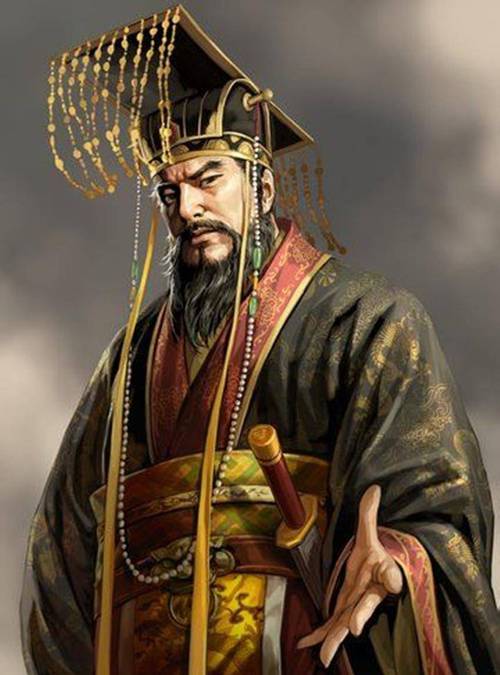
Did Qin Shi Huang Exist?
The Reign of the First Emperor
Qin Shi Huang (born c. 259 BCE, Qin state, northwestern China—died 210 BCE, Hebei) was the emperor (reigned 221–210 BCE) of the Qin dynasty (221–207 BCE) and creator of the first unified Chinese empire (which collapsed, however, less than four years after his death). While his reign was relatively short, his impact on Chinese history was monumental. He is credited with unifying the warring states, standardizing weights and measures, creating a unified currency, and building the Great Wall. But did this seemingly larger-than-life figure truly exist, or is he a product of myth and legend?
Historical Evidence: Uncovering the Truth
Despite the passage of over two millennia, a wealth of historical evidence supports Qin Shi Huang's existence:
- The Records of the Grand Historian (Shiji): This monumental work by Sima Qian, a Han dynasty historian writing a century after Qin Shi Huang's reign, offers the most comprehensive account of the First Emperor's life and achievements.
- Archaeological Discoveries: The discovery of the Terracotta Army in 1974 provided undeniable physical proof of Qin Shi Huang's reign. The sheer scale and detail of this vast funerary complex, along with inscribed bronze weapons, seals, and other artifacts, corroborate historical accounts and offer invaluable insights into Qin dynasty culture and governance.
- Contemporary Accounts: While not as abundant as later records, some accounts from the Qin dynasty itself survive, including inscribed steles and bamboo slips, that mention the First Emperor and his policies.
Dispelling the Myths: Separating Fact from Fiction
As with any historical figure, myth and legend have become intertwined with Qin Shi Huang's story. It's important to approach these with a critical eye:
- Supernatural Abilities: Some stories attribute supernatural powers to Qin Shi Huang, like the ability to control dragons or immortality. These are likely exaggerations that arose after his death, possibly reflecting his desire for eternal life, evidenced by his obsession with finding an elixir of immortality.
- Tyrannical Reputation: Qin Shi Huang is often portrayed as a ruthless tyrant, particularly for his policies of burning books and burying scholars. While these acts undoubtedly occurred, their extent and his motivations are debated by historians. Some argue he aimed to suppress dissent and consolidate power, while others suggest a more nuanced approach to controlling knowledge and thought.
Conclusion: A Legacy Etched in Stone and Story
The historical evidence overwhelmingly confirms Qin Shi Huang's existence. He was a complex and ambitious ruler who left an indelible mark on Chinese history. While separating the man from the myth can be challenging, his impact on China's political, cultural, and social landscape remains undeniable, solidifying his place as a pivotal figure in world history.
Questions for Further Exploration:
- How did Qin Shi Huang's unification of China impact the development of its culture and identity?
- To what extent were Qin Shi Huang's policies motivated by a desire for power versus a genuine belief in their necessity?
- How do different historical sources shape our understanding of Qin Shi Huang and his legacy?